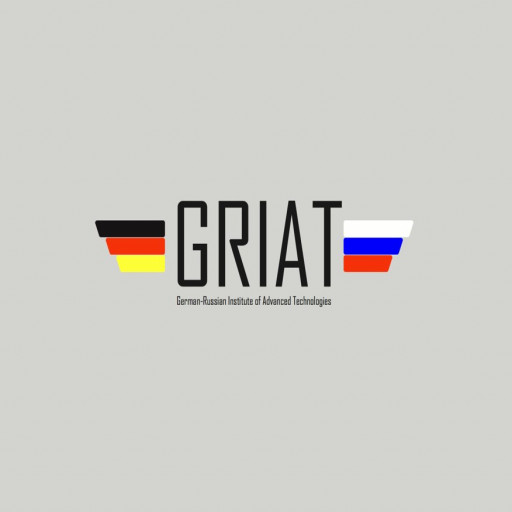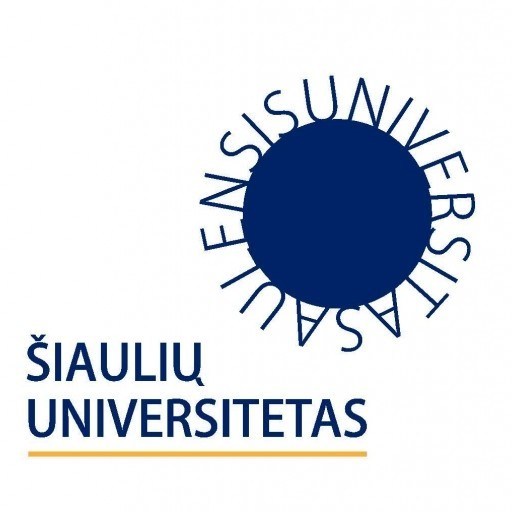Photos of university
Communications and Signal Processing is an innovative master's degree program offered by the German-Russian Institute of Advanced Technologies, designed to equip students with cutting-edge knowledge and skills in the fields of communication systems, digital signal processing, and network technologies. The curriculum provides an in-depth understanding of modern communication paradigms, including wireless, optical, and satellite communications, as well as the principles of signal encoding, filtering, and analysis. Students will explore the design and optimization of communication systems, focusing on reliability, security, and efficiency. The program combines theoretical foundations with practical applications, ensuring graduates are capable of tackling real-world challenges in telecommunications, broadcasting, data transmission, and signal analysis. Courses cover a broad range of topics, such as digital and analog modulation, coding theory, information theory, wireless sensor networks, and 5G/6G technologies, providing students with comprehensive expertise that aligns with the evolving demands of the digital age. Through laboratory work, project-based learning, and internships, students gain hands-on experience with state-of-the-art tools and platforms used in industry. The program also emphasizes soft skills like teamwork, project management, and communication, preparing graduates for leadership roles in research, development, and industry. Graduates will be well-positioned for careers in telecommunications companies, research institutes, and technology startups, or for further academic pursuits in PhD programs. With a multidisciplinary approach, this program aims to foster innovation and advance the development of next-generation communication solutions, contributing to the global digital infrastructure and improving connectivity worldwide.
Main Subjects
- The Mathematical Modeling of Devices and Systems
- Info-communication technologies
- Mobile Communications
- Information Theory and Coding
- Advanced Digital Signal Processing
- Advanced Topics in Mathematic
- Multimedia Standards
- Theory of electromagnetic compatibility of radio electronic equipment and systemsCommunication Networks
- Advanced Mobile Communication Networks
- MIMO Wireless Communications
- Antenna Systems
- Cellular Communication Systems
- Audio Coding
- Advanced Topics in Communications and Signal Processing
- Measurements in Communications
- Adaptive and Array Signal Processing
The Communication and Signal Processing master's program at the German-Russian Institute of Advanced Technologies is designed to provide students with comprehensive knowledge and advanced skills in the field of communication systems and signal analysis. The program emphasizes both theoretical foundations and practical applications, preparing graduates for careers in research, industry, and development of innovative communication technologies.
Students are expected to acquire a solid understanding of digital and analog communication systems, modulation techniques, error correction codes, and network protocols. The curriculum covers signal processing algorithms, information theory, wireless communication, and network security. Special focus is given to modern topics such as 5G/6G technologies, Internet of Things (IoT), and digital signal processing hardware.
Admission requirements for the program typically include a bachelor's degree in Electrical Engineering, Computer Science, or a related field. Applicants may need to demonstrate proficiency in mathematics, programming, and basic communication principles through previous coursework or standardized tests. Prior experience with signal processing tools and software, such as MATLAB or LabVIEW, is advantageous.
The program duration is generally two years, comprising coursework, laboratory work, research projects, and a final thesis. Students participate in practical exercises and internships to gain hands-on experience in industrial settings. Collaboration with industry partners and research institutes is integral, providing avenues for innovative research and employment opportunities.
Graduates of this program are equipped to work in telecommunications companies, research institutions, defense agencies, and technology startups. They will be capable of designing and optimizing communication systems, developing signal processing algorithms, and contributing to the advancement of next-generation wireless networks. The program aims to foster critical thinking, problem-solving skills, and interdisciplinary collaboration, aligning with technological advancements and industry needs.
Overall, the Communication and Signal Processing master's program prepares students for leadership roles in the rapidly evolving field of communication technology, emphasizing both theoretical knowledge and practical expertise essential for innovation and development in this dynamic sector.
GRIAT students can benefit from grants to study and train abroad. They can apply for a number of scholarships offered by the government of Tatarstan Republic, GRIAT industry partners and the European commission program for education and training. These scholarships mostly cover travel, stay, costs and medical insurance of GRIAT students during their academic semester at a German partner-university.
Recently, all of GRIAT students have used an opportunity to study abroad thanks to different international grants and programs:
- Algarysh grant provided by the Government of the Republic of Tatarstan;
- European international exchange program Erasmus+;
- SIEMENS scholarship;
- Russian educational grant program;
- Scholarship provided by the President of Tatarstan.
The Communication and Signal Processing program at the German-Russian Institute of Advanced Technologies offers a comprehensive education in the fields of modern communication systems and signal processing technologies. The program focuses on developing expertise in designing, analyzing, and optimizing various communication networks, including wireless, mobile, satellite, and optical communication systems. It emphasizes the theoretical foundations of signal processing, including algorithms for filtering, modulation, coding, and data compression, as well as their practical applications in real-world scenarios. Students gain hands-on experience through laboratory work, research projects, and internships, which prepare them for careers in industry, research institutions, and academia.
The curriculum typically covers essential topics such as digital signal processing, communication theory, microwave and radio-frequency engineering, network protocols, and advanced topics like 5G and future communication standards. Emphasis is placed on interdisciplinary skills, combining electrical engineering, computer science, and systems engineering to enable students to solve complex problems in communication technology. The program also includes training in simulation tools, programming languages, and hardware implementations, equipping students with practical skills necessary for modern telecommunications development.
Graduates of this program are equipped to work in the development of innovative communication systems, the design of signal processing algorithms, and the implementation of efficient data transmission techniques. They are prepared for roles in technology companies, research laboratories, and governmental agencies involved in telecommunications infrastructure, signal analysis, and cybersecurity. The program also fosters international cooperation and research, benefitting from the joint efforts of German and Russian academic and industrial partners.
Students have access to state-of-the-art laboratories and research facilities, fostering an environment conducive to pioneering developments in communication and signal processing. The program's close ties with industry ensure that the curriculum remains aligned with current technological trends and industry needs. Graduates often pursue further research, master's, or doctoral studies, contributing significantly to advancements in communication technologies and signal processing methodologies. This interdisciplinary approach aims to address technological challenges and develop next-generation solutions for global communication infrastructure.










